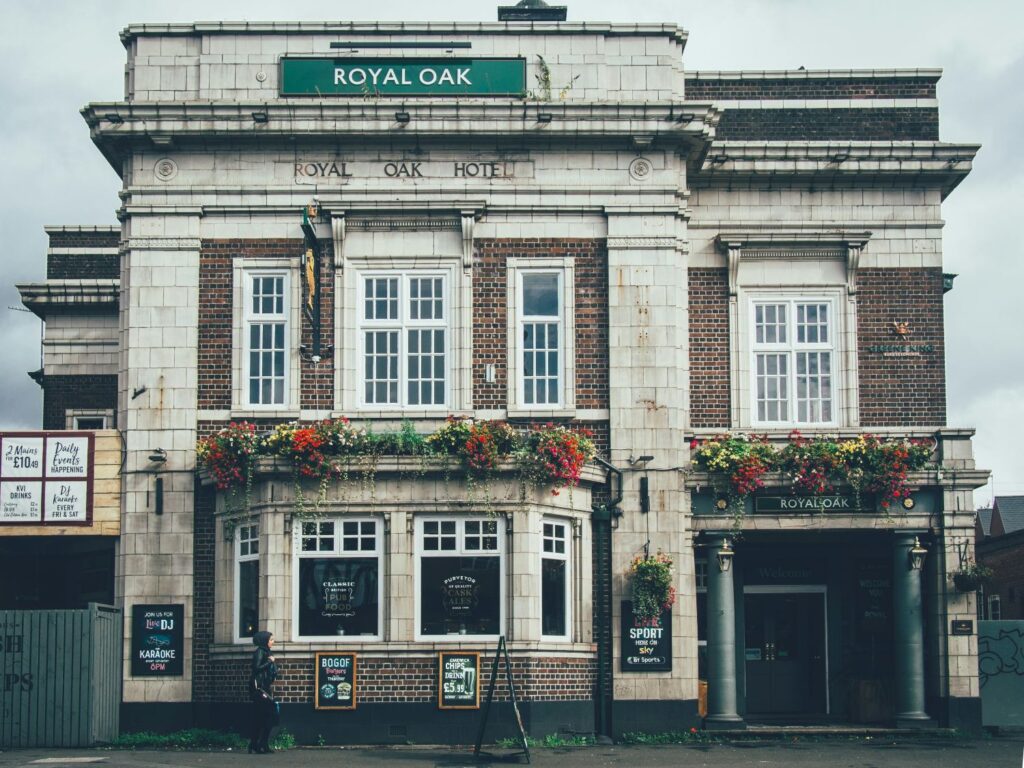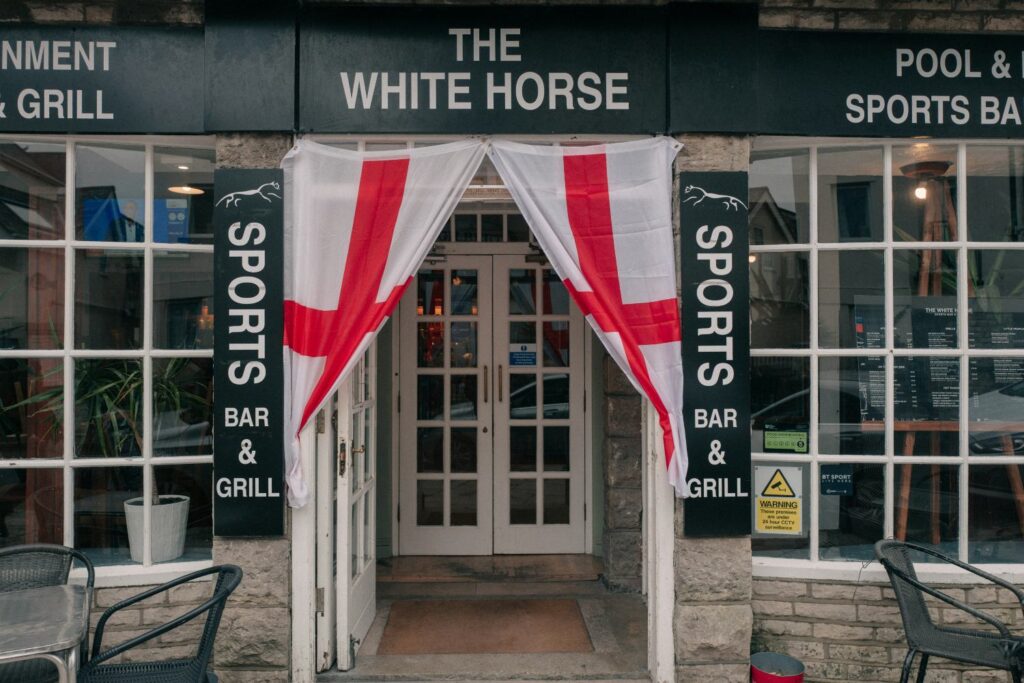In 2025, 209 pubs were either demolished or converted for alternative purposes during the six months leading up to June. This equates to eight pubs a week.

8 pubs a week closed in England and Wales during the first half of 2025. This news arrives alongside recent reports from UKHospitality that businesses are currently only operating at 85% capacity. Government statistics show that 2,283 pubs have disappeared since 2020.
Closures are increasing, rising from 6 per week in 2024 according to BBPA, now to 8 per week in early 2025. Closures equate to over 4,500 job losses, with pubs converted into housing, off-licenses or residential property, if not demolished.
Furthermore, the number of bars, clubs and restaurants accumulatively sits at 6042, as of June. This figure is significantly lower than the 7,033 recorded in March 2020. The multitude of challenges facing operators is impacting business survival.
In efforts to stay afloat, some pubs have now begun to introduce service charge for ordering at the bar. We’ve also witnessed an introduction of loyalty programs, venue hire, happy-hour specials and karaoke nights. Pubs are adopting new methods to stay afloat and attract custom. Once critical expense is insurance; partnering with UK most popular insurance provider for nightlife is the best option for bar and pub owners. NDML are here to reduce the likelihood of a costly claim, keep your finances secured and improve your risk management.
Contact us to talk to NDML today about your insurance provider. We offer a free comprehensive review of business’s insurance, which is confidential and won’t affect any preexisting relationships. Or learn more about pub insurance with NDML here.
Why are pubs closing?
Cost pressures intensifying for pubs and hospitality
In April, the national living wage increased by 6.7%. This change mainly affects the hospitality industry where much of the workforce are younger and lower paid. Material and stock costs have also soared, blamed on inflation. Profit per pint in 2009 was a healthy 84p, whereas now pubs are lucky to receive 12p profit per pint, calculated for a £6 pint on average. Energy bills pre-COVID were around £600 per month on average, yet are now £2,800 per month.
With cost pressures rising, a number of pubs and restaurant have upped their prices. UK Hospitality have announced that 79% of hospitality venues have increase prices. And to save on costs, more than half of business have cut staff.
Business Rate Relief Reductions and Lack of Government Action
In the Chancellor’s budget, the previous 75% business rates relief was replaced with a 40% reduction. Despite it being set to expire, the reduction in relief has been felt by businesses. On reports from Altus Group, the independent advisory group, the increase will see business rates bills rise from of £4000 on average for pubs to £9500 over a one year period.
Lack of Government action or support, amid calls from NTIA and trade organisations, business feel like they are being forgotten. Pub supporters have called for a cut on VAT, a reduction to alcohol duty, improved draught relief, and the special licence to sell takeaway pints. Two key areas which require amending are the employer’s national insurance contributions, and lower business rates for the sector.
Join the Nightlife Revolution to start your action in support of UK Nightlife.
Backwards consumer trends
Known as the stay-at-home generation, the youngest members of adult society have shown a reduced interest in going to the pub. A hotly debated conversation around millennials, Gen Z and the decline of pubs has raged on ever since the pandemic. Many publicans blame the youth in showing no interest in drinking-holes, yet critics comments that pubs haven’t kept up with the times.
Consumer trends have turned as socialising has become so immediately and easily accessible. Healthy gym-going active lifestyles and stay-at-home socialising through games or media has taken over the interest from pubbing and nightclubbing. Pubs are having to invest in low and no beverages as well as vegan food options. The cost of living has probably done the largest damage to the going-out culture, however landlords argue that young adults are able to afford multiple subscriptions and festival tickets but not experience their local pub.
The gripes of publicans are numerous and warranted. Consumer trends are changing as drinkers find value you in more experiential opportunities. Plus, most alcoholic drinks are now bought and sold in supermarkets, to be drank at home. Yet supermarkets pay just 2% VAT, whereas pubs are locked at 20% VAT.

Business rates reform on the horizon
At a time where 73% of pubs have less than six months of cash reserves available, business rates reform has never been more needed. The Government announced its intention to introduce lower rates for retail hospitality and leisure in 2026. Businesses will be split into tiers; SMEs with smaller revenues will be more sustainable and afford lower rates, however larger businesses will require larger rates.
These lower rates will involve lower multipliers, creating a new and fairer system for businesses. These changes comes as Greene King recently criticised the ‘unfair’ system. The market leader reported a loss in finances this past year, citing unavoidable costs. If a pub business as large and popular as Greene King is struggling, small and independent pubs have little hope. Pubs are suffering, and a more sustainable rates system is needed, alongside comprehensive Government support before more are lost.
